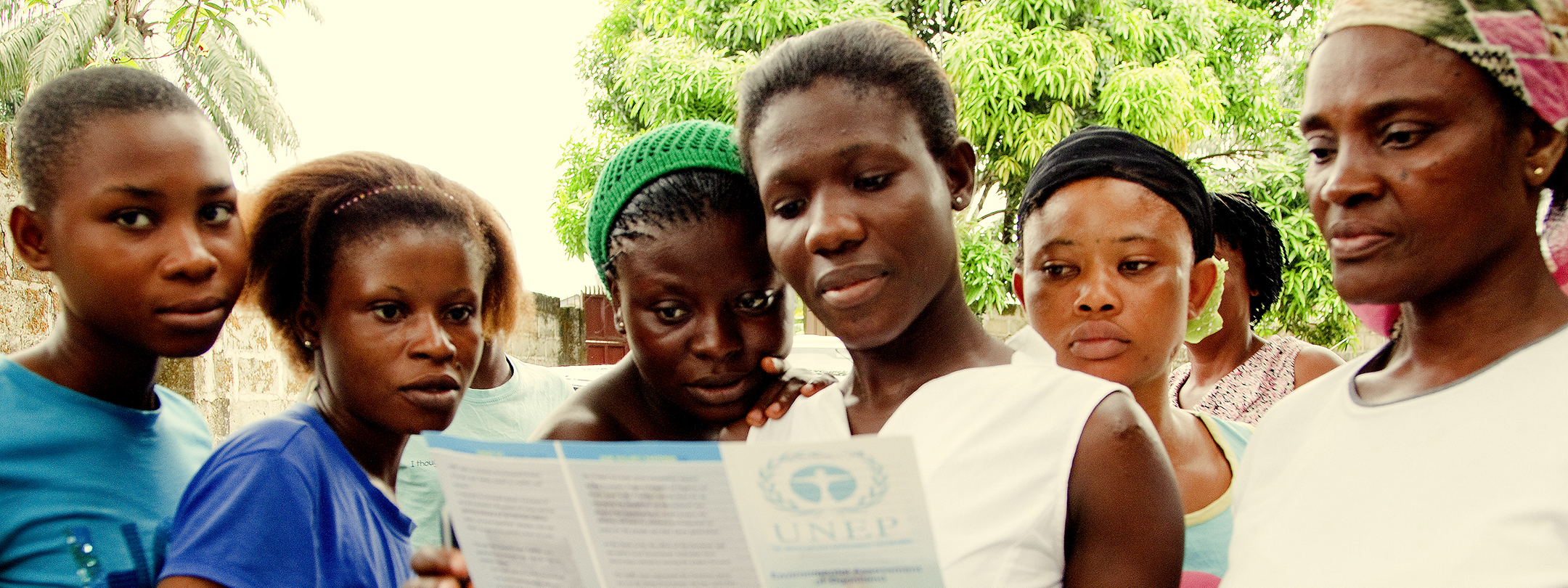Towards a Better Understanding of Climate Security Practices
Publisher: Planetary Security Initiative
Author(s): Tobias von Lossow, Anouk Schrijver, Maxine van der Kroon, Louise van Schaik, and Jos Meester
Date: 2021
Topics: Assessment, Climate Change, Cooperation, Governance, Monitoring and Evaluation
The Planetary Security Initiative has launched a first report and overview of climate security practices. Climate security research has evolved tremendously over the past 20 years in the direction of how to address security risks related to climate change. Action on the ground is still limited but holds a lot of potential. Therefore, interest is growing in the development, diplomacy and defence sectors to engage in this space. The climate security practices project from the Planetary Security Initiative seeks to open up a new and vital area of analysis in the climate security community: When it comes to action, what works, and what doesn’t?
Although it is still too early to answer this question, it is possible to collect climate security practices and draw lessons from their implementation. With the climate security link having become more evident in many countries and regions of the world it is imperative to scale up efforts to address the climate security nexus and to learn from these efforts. The Planetary Security Initiative aims to inspire learning on how we can combat this complex risk, or at least alleviate security risks related to climate change, and consider it a new entry point for conflict prevention and peacebuilding efforts.
The first report draws lessons from and reflects on 8 climate security practices that enhance peace and stability. Many peace-building interventions try to address a wide range of conflict drivers, which include the various manifestations of climate stress such as pressure on natural resources, livelihoods and human security. These can arise from desertification, lack of access to water and unequal natural resource distribution. Examples of these interventions include tree-planting projects, the inclusion of natural resource distribution measures in peace treaties and provision of renewables in refugee camps and military missions. The projects will cover a wide range of practices ranging from human security to hard security-focused practices implemented by actors in the development, diplomacy and defence sectors.
